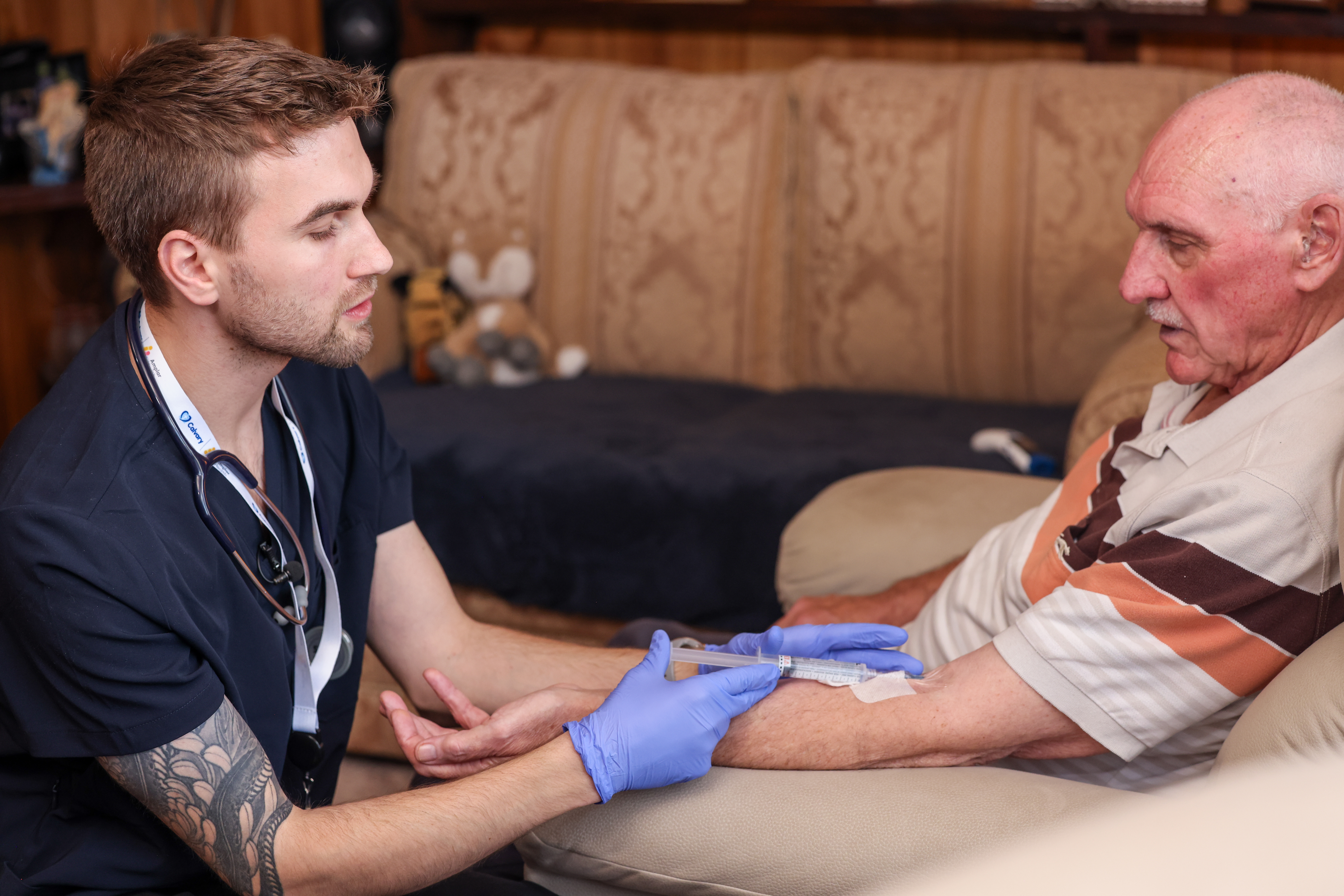Health Check
Your Cancer Journey
The latest research and insights, risk facts and symptoms for common cancers, and advice for cancer patients and their carers.
Diabetes
Learn more about Australia's fastest growing chronic condition
Osteoarthritis
Learn more about osteoarthritis, get advice on prevention and management of this common condition.
Subscribe to receive the best from Live Better every week. Healthy recipes, exercise tips and activities, offers and promotions – everything to help you eat, move and feel better.
By clicking sign up I understand and agree to Medibank's privacy policy











